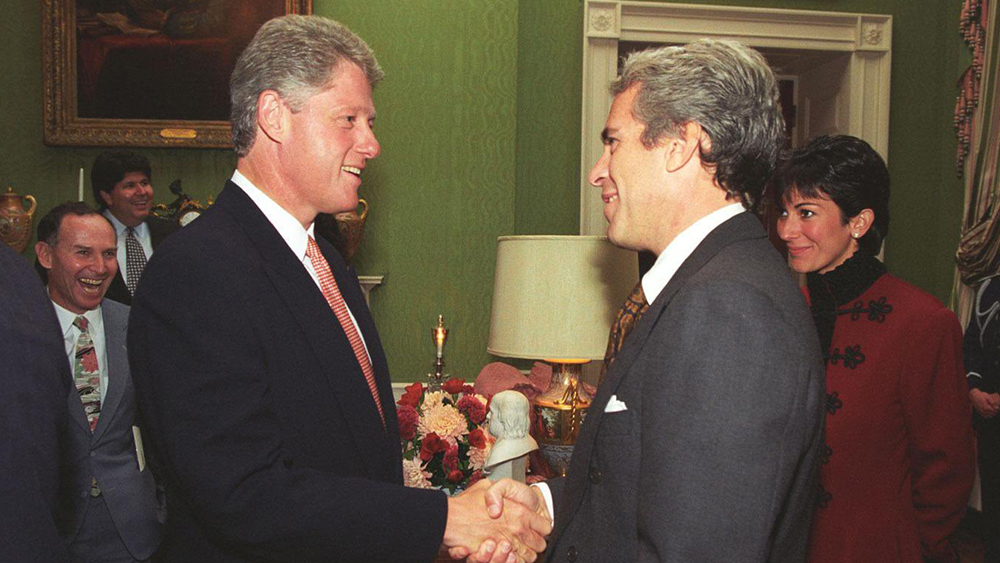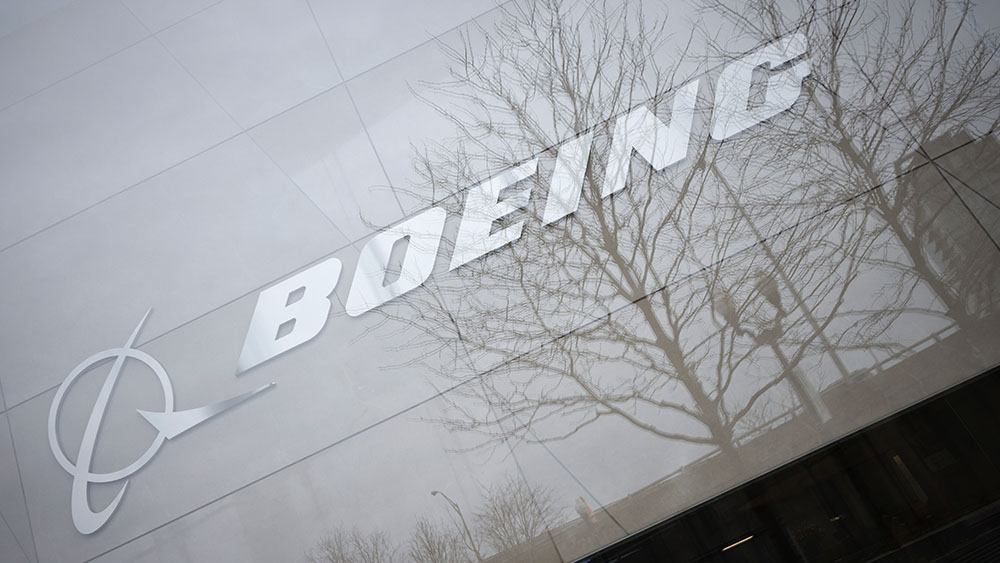 Parler
Parler Gab
Gab
Germany expects its economy to shrink for second straight year
The German Economy Ministry has revised its forecast, now expecting the economy to shrink for the second consecutive year, projecting a 0.2 percent contraction in 2024, down from an earlier estimate of 0.3 percent growth. A report from the Süddeutsche Zeitung highlighted a prevailing consumer reluctance to spend. However, the government is more optimistic about the subsequent years, with expectations for a 1.1 percent growth in 2025, up from 1 percent and an anticipated expansion of 1.6 percent by 2026. In 2023, Germany was the only major advanced economy to contract, hindered by an industrial slowdown, decreased export orders and soaring energy prices from Russia's invasion of Ukraine. While there were hopes that declining inflation and European Central Bank interest rate cuts might bolster the economy, weak domestic and international demand largely counteracted these positive developments. The government's pessimistic outlook aligns with Germany's leading economic institutes, which have lowered their forecasts and now predict stagnation or a 0.1 percent contraction for 2024. Their estimates for the next two years are similarly cautious, projecting a growth rate of just 0.8 percent for 2025 and 1.3 percent for 2026. Further complicating Germany's economic challenges are increasing competition from China, a shortage of skilled workers, and issues related to the transition from fossil fuels to renewable energy sources. Economy Minister Robert Habeck told the Süddeutsche Zeitung that the government's proposed "growth initiative" is essential for fostering economic recovery. The measures include tax relief, reduced industry energy prices, streamlined bureaucracy, incentives for older workers to remain in the workforce and improved conditions for foreign skilled labor. "The German economy can grow significantly stronger in the next two years if the measures are fully implemented," Habeck remarked. Read similar stories on EconomicRiot.com. Watch the video below where a former assistant for President Ronald Reagan says the EU's worsening relationship with Russia is a disaster on its end. This video is from Cynthia's Pursuit of Truth channel on Brighteon.com.More related stories:
Germany's EV sales PLUMMET by almost half in first 6 months of 2024. EU could DIE in 3 years due to overspending, overregulation and underinvestment, warns Macron. Hungarian PM Viktor Orban says anti-Russia sanctions will kill EU economy. Sources include: Reuters.com DW.com Brighteon.comHardware store True Value files for BANKRUPTCY, sells business to rival Do It Best
By Ava Grace // Share
Car buyers in Germany shifting back to gas-powered vehicles after trying out EVs
By Ramon Tomey // Share
Governments continue to obscure COVID-19 vaccine data amid rising concerns over excess deaths
By patricklewis // Share
Tech giant Microsoft backs EXTINCTION with its support of carbon capture programs
By ramontomeydw // Share
Germany to resume arms exports to Israel despite repeated ceasefire violations
By isabelle // Share










